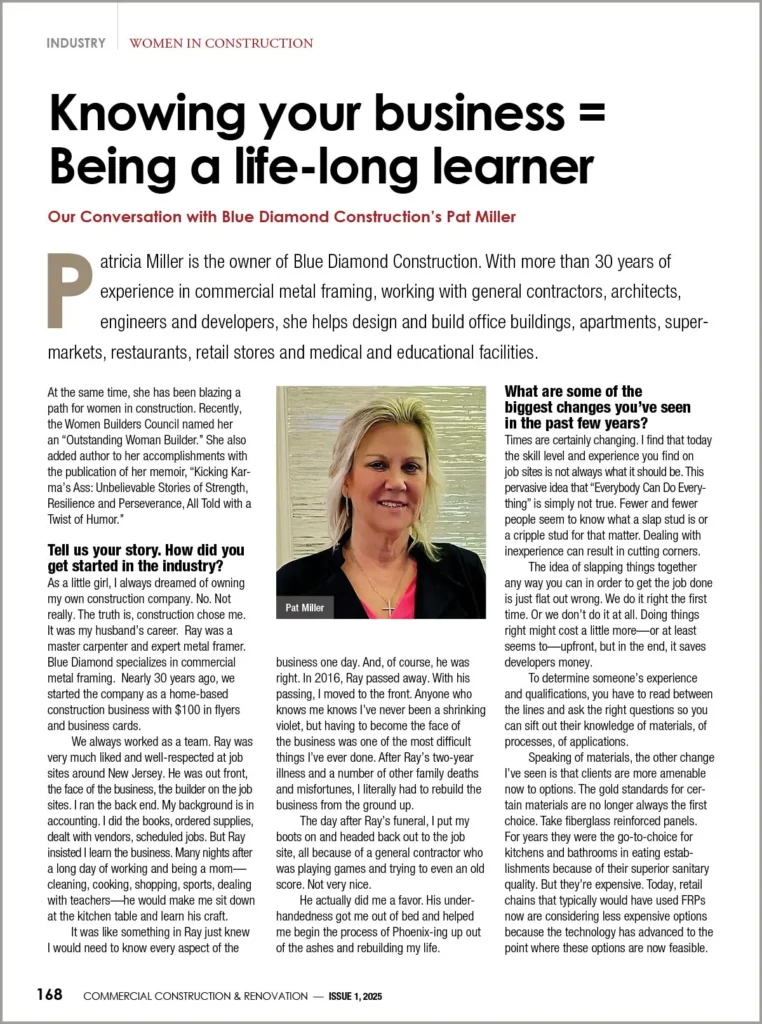Moving to a new home is exciting but can also be overwhelming and stressful. Without proper planning, you could make mistakes that result in unnecessary stress, added costs, and delays. If you are considering moving, take the time to prepare, stay organized, and make informed decisions to ensure a smooth transition into your new home. Here are four common mistakes to avoid when moving.
Failing to research your movers
With so many long distance moving and storage companies, choosing the right professionals for your move can be overwhelming. This leads to hiring the first company you come across. Partnering with a company without proper research can lead to damaged belongings, unexpected fees, or scams. An unreliable mover can also disrupt your entire moving process and schedule.
Before hiring, check customer reviews, request multiple quotes, and verify credentials to make an informed decision. Hire a moving company that’s licensed and insured to protect yourself from potential losses.
Underestimating packing time
Many people assume they can pack their belongings in just a day or two, only to find themselves overwhelmed as the moving day approaches. Packing takes longer than expected, especially if you have fragile or bulky items. Start packing well in advance, ideally several weeks before your move. Below are tips to make the packing process more straightforward:
- Break packing into smaller tasks, starting with non-essential items and working room by room
- Get rid of items you no longer need to reduce the workload and save space
- Invest in sturdy boxes, bubble wrap, and packing tape to protect your belongings
- Write contents and destination rooms on each box to make unpacking easier
- Keep daily necessities like toiletries, chargers, and a change of clothes easily accessible
Failing to budget properly
Moving costs can add up quickly, and failing to work with a budget can result in financial strain. Be sure to factor in expenses such as packing supplies, transportation, utility deposits, and moving services into your budget. The budget should also account for unexpected costs like additional fees for heavy furniture or last-minute storage.
To stay on track financially, start by getting quotes from multiple moving companies and comparing costs. Keep track of all expenses, including small ones, as they can add up. Setting aside a contingency fund will help cover any unexpected fees. Maintaining a well-planned budget ensures a smoother moving experience without unnecessary financial stress.
Not updating essential documents and services
One of the most common mistakes most people make is forgetting to update addresses and transfer essential services before moving day. Failing to notify banks, insurance providers, and utility companies of your move can lead to service disruptions and missed bills.
Be sure to submit a change of address request with the post office and inform key institutions at least a few weeks before moving. You should also schedule utility disconnections and reconnections to ensure a seamless transition into your new house.
Endnote
Moving into a new home does not have to be a complex process. Research your movers thoroughly, start packing early, budget appropriately, and update essential documents to ensure a hassle-free transition.
























